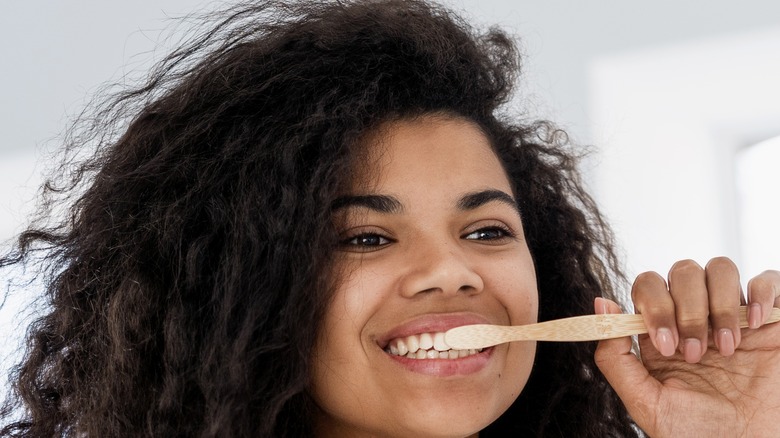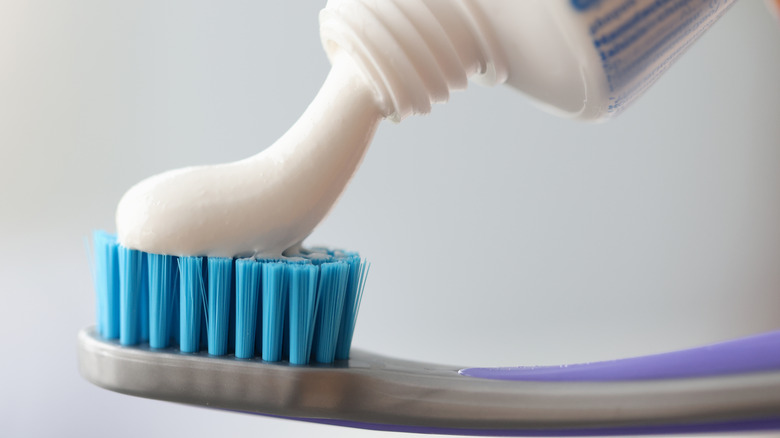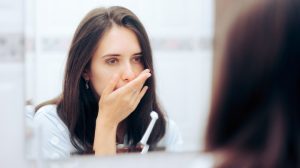As it turns out, toothpaste can play an important role in your oral health and dental hygiene. Although it is not as essential as the act of actually brushing your teeth, toothpaste is still a helpful and dentist-recommended component of a quality oral care routine. That’s because it contains many powerful and beneficial ingredients. According to Healthline, toothpaste is typically made with ingredients like fluoride, detergents and abrasives, anti-sensitivity agents, antimicrobials, peroxide, humectant, flavor, and thickening agents, many of which can help clean and protect your teeth.
Fluoride is the main active ingredient in most brands of toothpaste. It can help fight cavities and support healthy tooth enamel, while detergents, abrasives, and antimicrobials help prevent and remove plaque buildup, which is what causes cavities. Peroxide, on the other hand, can help remove any stains on your teeth, while anti-sensitivity agents can help make your teeth less sensitive. What happens to these active ingredients when toothpaste expires?
Toothpaste ingredients can become less effective over time

Many of the key ingredients in toothpaste can become less effective over time, which is why it has an expiration date. According to Bustle, toothpaste made with fluoride can last up to two years, while toothpaste without fluoride should be replaced every 12 months. If you want to know when your toothpaste expires, check the expiration date on the outside of the box or look at the consistency of the paste. If your toothpaste is discolored, less flavorful, or dried out, it’s most likely expired and should be replaced.
While using expired toothpaste won’t harm you, it is generally less effective than toothpaste that hasn’t expired yet. Continuing to use less effective toothpaste on a daily basis may increase your risk of cavities. “The fluoride is not as effective as it is supposed to be [when expired], thus making your teeth more susceptible to attacks by bacteria [which can lead to cavities],” Dr. Sharon Huang, a dentist and the founder of Les Belles NYC, told Bustle.




